Why Are Emissions Bad for the Environment?
Published Jan. 18 2021, 1:10 p.m. ET
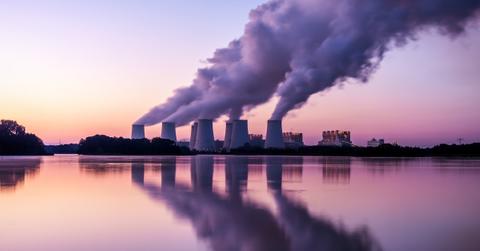
It might sound like a silly question at first glance but the fact is, not everyone truly understands why emissions are bad for the environment. They know that they are bad because scientists and environmentalists have been saying that they’re bad for years. They just don’t know why. Understanding the different types of emissions and their effects on our planet is an important part of recognizing the need to stop these emissions. Widespread adoption of change cannot happen on the say-so of a few environmental scientists. First and foremost, people need to know why things have to change.
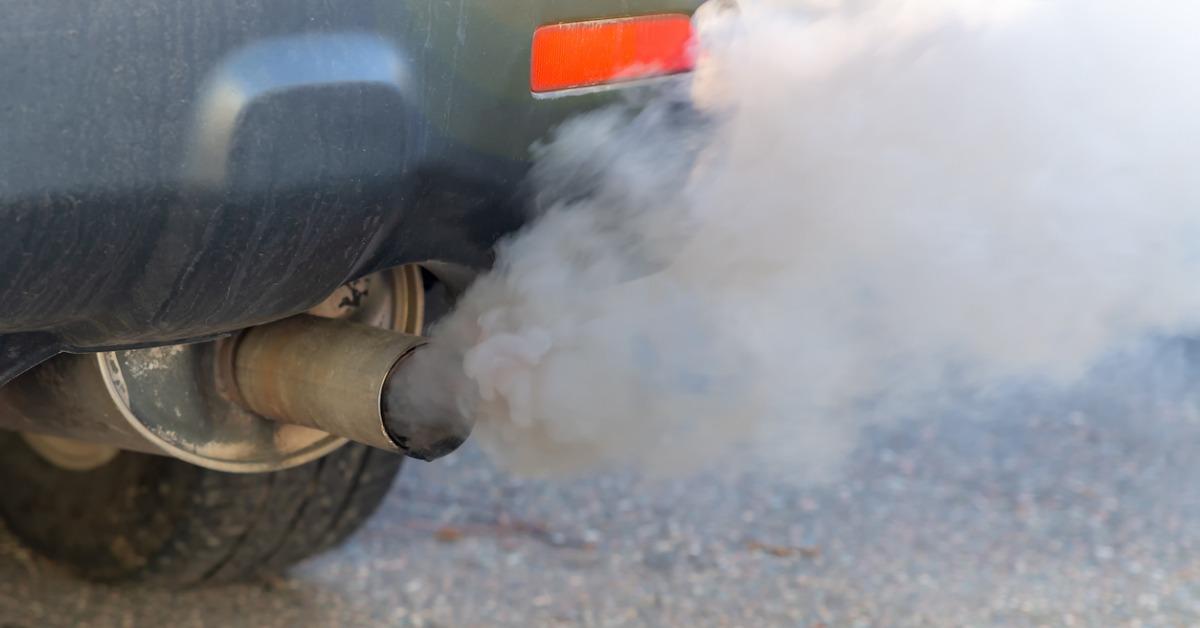
What are emissions?
There are various types of emissions that directly impact the environment. Carbon emissions from factories and automobiles are among the biggest contributors to pollution, climate change, and global warming. These emissions are attributed to the burning of fossil fuels like coal, gasoline, and oil, but they aren’t the only emissions negatively affecting the environment.
Hydrofluorocarbons, chlorofluorocarbons, halons, and methane are other greenhouse gases caused by emissions. Hydrofluorocarbons (HFCs) are manufactured for use in refrigeration, air conditioning, aerosol cans, fire protection, and solvents. They were originally designed to be more eco-friendly than their previous ozone-depleting substances like chlorofluorocarbons, but turned out to be way worse.
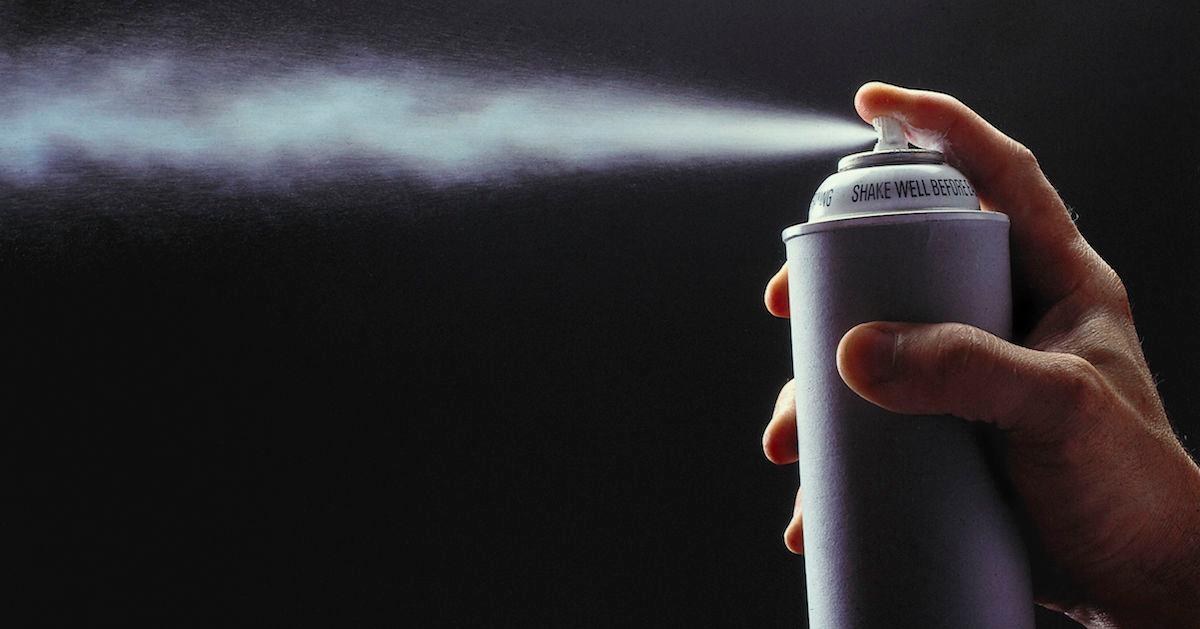
Methane is a byproduct of several different industries, but the most egregious is actually agriculture, specifically as it pertains to livestock like cows and sheep. According to Greenhouse Gas Online, a single sheep can produce about 30 liters of methane each day and a dairy cow up to about 200. That much methane can do significant damage to the ozone over time.
Despite the proof of their ozone-depleting nature, chlorofluorocarbons are also used for aerosol sprays, blowing agents for foams and packing materials, as solvents, and as refrigerants. While halons are mostly used in fire extinguishing equipment. In all these cases, the products and resultant gases are byproducts of modern processes, processes that some would consider an absolute necessity for daily life.
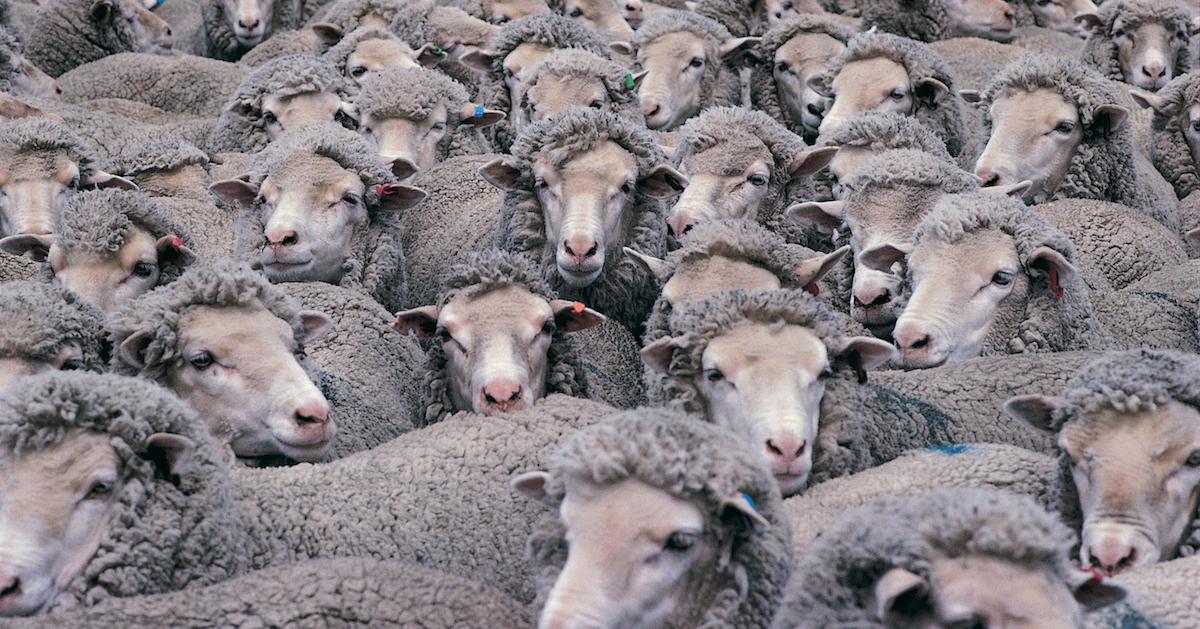
Why are emissions bad for the environment?
Emissions affect a number of things in regards to the environment, most significantly, in terms of the greenhouse effect. Carbon emissions increase the amount of carbon dioxide in the atmosphere, which becomes trapped beneath the ozone layer. That ozone layer is broken down by HFCs and other emissions, leading to less protection from solar radiation and ultraviolet light.
The combination of all these accumulated atmospheric gases results in higher global temperatures, aka global warming, but that isn't all. The rising temperatures affect weather patterns in devastating ways. Storm severity, consistency of rain, and more intense droughts and wildfires are the destructive results. These affect the lives of animals, plants, crops, and people. Rising sea levels caused by melting polar ice caps is also disconcerting.
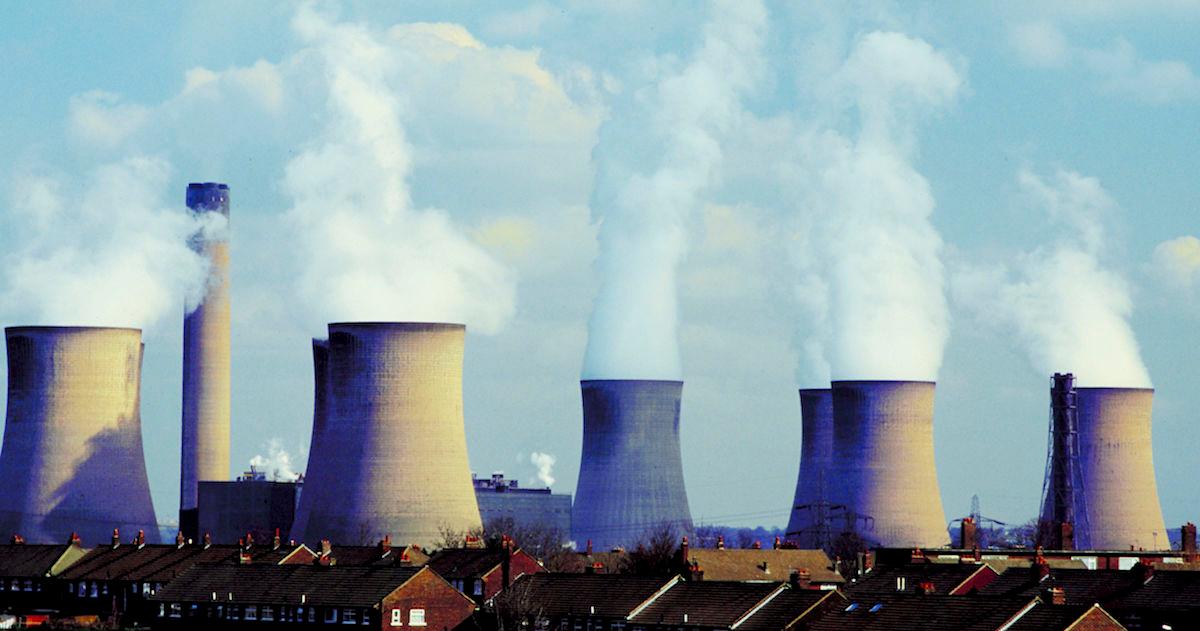
What causes emissions?
In short, we do. Humanity is responsible for nearly all the emissions loosed into our atmosphere for the past several hundred years. Our farms, factories, cars, and cans, all contribute to this global problem. According to the EPA, transportation is the biggest contributor, accounting for 28.9 percent of all carbon emissions. We might be the cause of all this destruction, but that might bode well for us in terms of mitigating the damage.

How can we cut down on emissions?
Governments, nonprofits, and environmental groups are hard at work trying to solve the emission problems that we have put ourselves in. But we as individuals can do our part as well. We can adopt renewable sources of power like solar or wind farms instead of using coal-powered electricity.
We can drive less, take public transportation, or invest in hybrid or electric cars so that we don’t send more smog into the atmosphere. We can adopt a plant-based lifestyle, eschewing meat, dairy, wool, and any other animal products that contribute to methane pollution. And we can stop using aerosol sprays and refrigerators or air conditioners that contain HFCs, opting instead for more modern, eco-friendly coolant options.
The more we understand about what we’re doing wrong, the better equipped we will be to fix those mistakes. Wisdom is what helped take us out of the Dark Ages, and it is the understanding and ingenuity we cultivate from that wisdom that will guarantee our future.